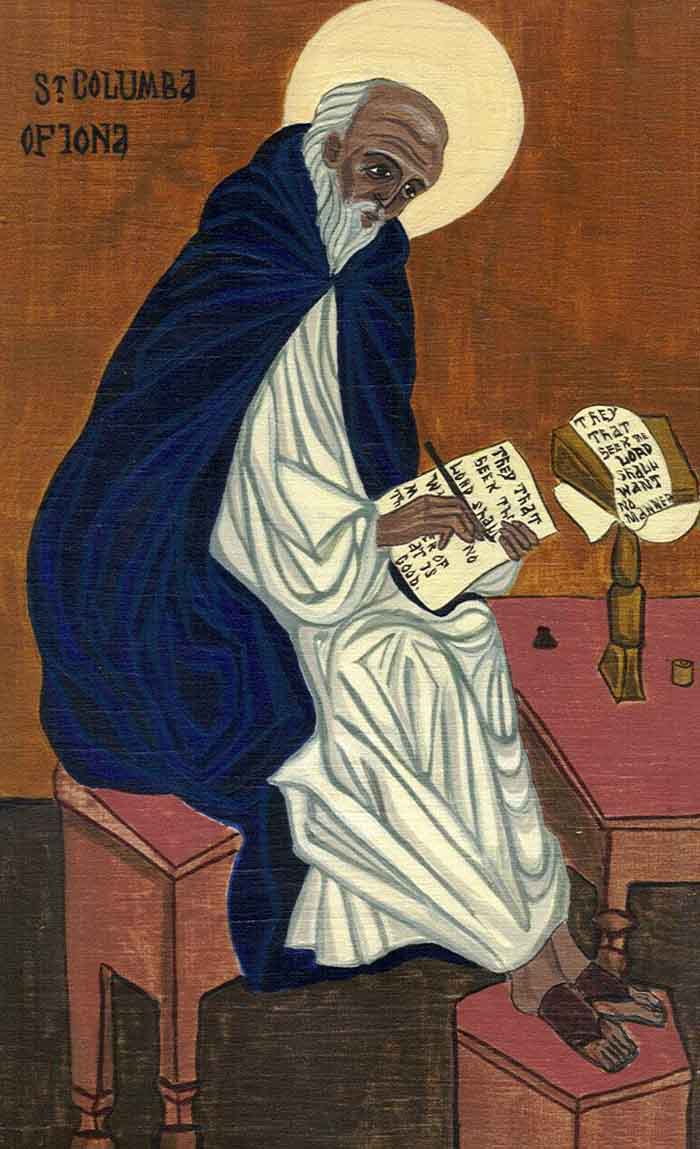+
 |
| H.H. Pope Francis I |
Allow me to share with you, dear Reader, three sections of the ENCYCLICAL LETTER
LAUDATO SI'
OF THE HOLY FATHER
FRANCIS
ON CARE FOR OUR COMMON HOME. I do not expect one would find many bloggers and journalists quoting these sections, but they are profound and right worthy of study and prayerful contemplation.
POPE FRANCIS writes:
72.
The Psalms frequently exhort us to praise God the Creator, “who spread out the earth on the waters, for his steadfast love endures for ever” (Ps 136:6). They also invite other creatures to join us in this praise:
“Praise him, sun and moon, praise him, all you shining stars! Praise him, you highest heavens, and you waters above the heavens! Let them praise the name of the Lord, for he commanded and they were created” (Ps 148:3-5).
We do not only exist by God’s mighty power; we also live with him and beside him. This is why we adore him.
73.
The writings of the prophets invite us to find renewed strength in times of trial by contemplating the all-powerful God who created the universe. Yet God’s infinite power does not lead us to flee his fatherly tenderness, because in him affection and strength are joined.
Indeed, all sound spirituality entails both welcoming divine love and adoration, confident in the Lord because of his infinite power.
In the Bible, the God who liberates and saves is the same God who created the universe, and these two divine ways of acting are intimately and inseparably connected:
“Ah Lord God! It is you who made the heavens and the earth by your great power and by your outstretched arm! Nothing is too hard for you... You brought your people Israel out of the land of Egypt with signs and wonders” (Jer 32:17, 21).
“The Lord is the everlasting God, the Creator of the ends of the earth. He does not faint or grow weary; his understanding is unsearchable. He gives power to the faint, and strengthens the powerless” (Is 40:28b-29).
74.
The experience of the Babylonian captivity provoked a spiritual crisis which led to deeper faith in God. Now his creative omnipotence was given pride of place in order to exhort the people to regain their hope in the midst of their wretched predicament.
Centuries later, in another age of trial and persecution, when the Roman Empire was seeking to impose absolute dominion, the faithful would once again find consolation and hope in a growing trust in the all-powerful God:
“Great and wonderful are your deeds, O Lord God the Almighty! Just and true are your ways!” (Rev 15:3).
The God who created the universe out of nothing can also intervene in this world and overcome every form of evil. Injustice is not invincible.
75.
A spirituality which forgets God as all-powerful and Creator is not acceptable. That is how we end up worshipping earthly powers, or ourselves usurping the place of God, even to the point of claiming an unlimited right to trample his creation underfoot.
The best way to restore men and women to their rightful place, putting an end to their claim to absolute dominion over the earth, is to speak once more of the figure of a Father who creates and who alone owns the world. Otherwise, human beings will always try to impose their own laws and interests on reality.
+
















